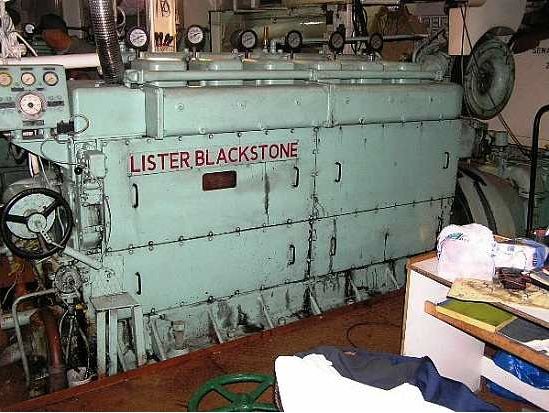Definitely seems that way, agreed, I almost always have to dribble a bit out of the sump after an oil change.
Last few oil changes I have just been chucking 5 litres in then checking a few days later.
Definitely seems that way, agreed, I almost always have to dribble a bit out of the sump after an oil change.
Guys, if you are having problems, drain the oil out when its hot, then remove the filter, allow to drain out totally (a small drip wont matter) , replace the filter, then put back the amount the engine takes (read the manual, I usually put 1/2 a litre or so less) , run for a few moments to fill the filter then recheck, dont add any at this point, you shouldn't have to.
All this ''oil settling'' stuff is totally unnecessary.
Re-starting with an empty filter! I can hear your bearing shells screaming from here!
Most cars these days are paper elements , try filling one of them up with oil.Oil pump pressure gets things moving really quickly, it has to, from start to lubing OHC's has to happen very quickly. Straight after an oil change though I tend not to rev an engine, some cars like some VW's can jump a tooth on the chain after a change because the tensioners run on oil pressure, I have never had it happen but Im aware that its a possibility.
In the case of paper elements, or horizontal canister filters, I do as I posted earlier in the thread. Hold the fuel shut off on the IP, or otherwise prevent the engine from starting. Spin over until the oil light goes off. Then start as normal.
A marine diesel can cost anything from 5,000 to 100,000+ quid to buy. You don't want to jeopardise engine life in any way.
The difference between you spinning it and the starter spinning it wouldn't really be an issue, on a car engine anyway, you would be surprised how much pressure an oil pump puts out, it can empty an engine in seconds.Do you spin them up manually?
If its full.
Drain old **** out..
Measure it..
Put in what came out, same quantity etc etc.
My TD5's oil is still golden after a few thousand miles, 190k weirdly clean inside.
My V8 P38's insides are mank
Oil can take ages to "level" as in reality it never really settles, especially if it's driven daily.
Just top off on the stick till it's on or near Max./
easy eh?
Re-starting with an empty filter! I can hear your bearing shells screaming from here!
To be fair thats exactly what I do, lots of modern vehicles with them upside down element only filters thats all you can do.
Most of the trucks are the same.
I guess they sell more engines if they put them upside down!
That is what I used to think, but never seen any issues at all.
Lots of marine engines seem to have their metal canister oil filters upside down.
Those upside down ones must make a mess when you change them
Yep they do, cut down ice cream tubs to the rescue.
I think as most pleasure marine engines started life as car/truck engines, which have the filters hanging downwards the only way to get them into the boat is to fit the filters arse about face.

I didn't realise we were talking tiddlers!

Welcome To LandyZone, the Land Rover Forums!
Here at LandyZone we have plenty of very knowledgable members so if you have any questions about your Land Rover or just want to connect with other Landy owners, you're in the right place.
Registering is free and easy just click here, we hope to see you on the forums soon!
